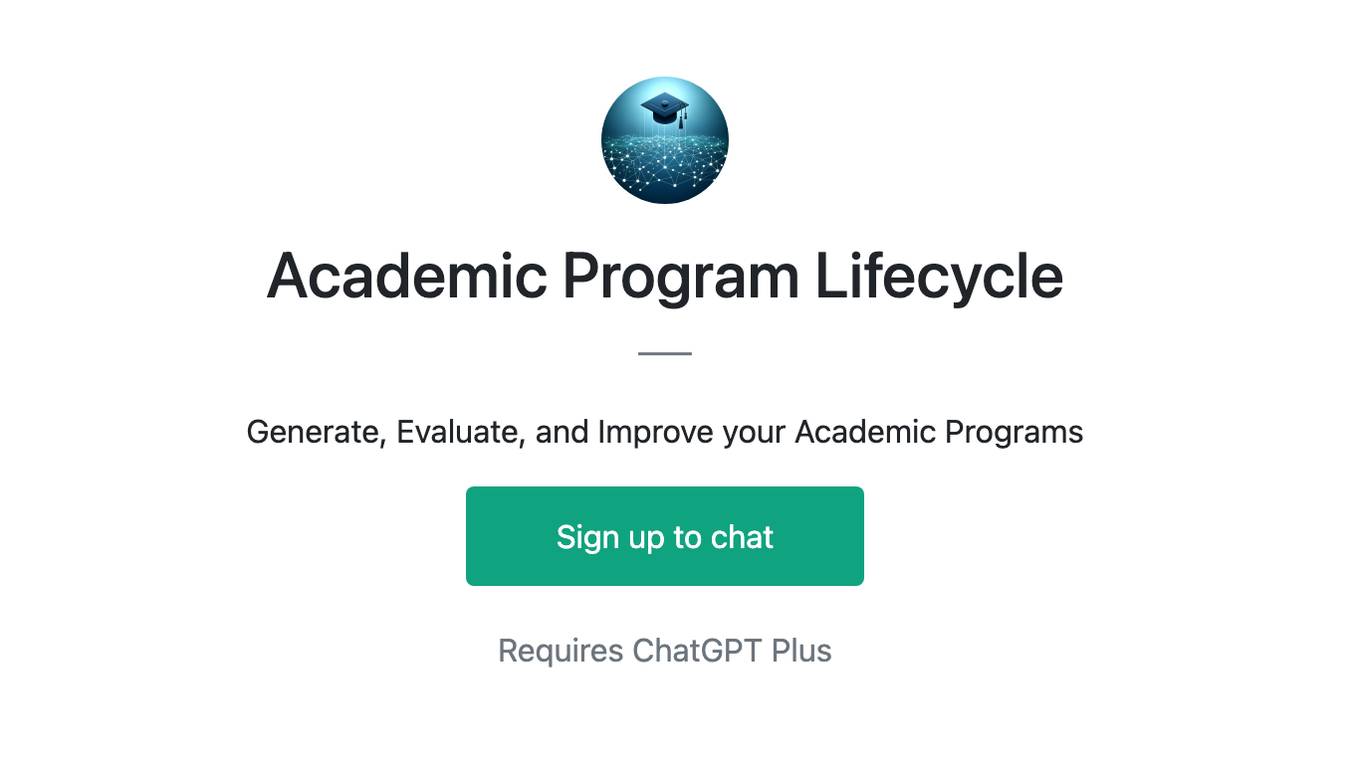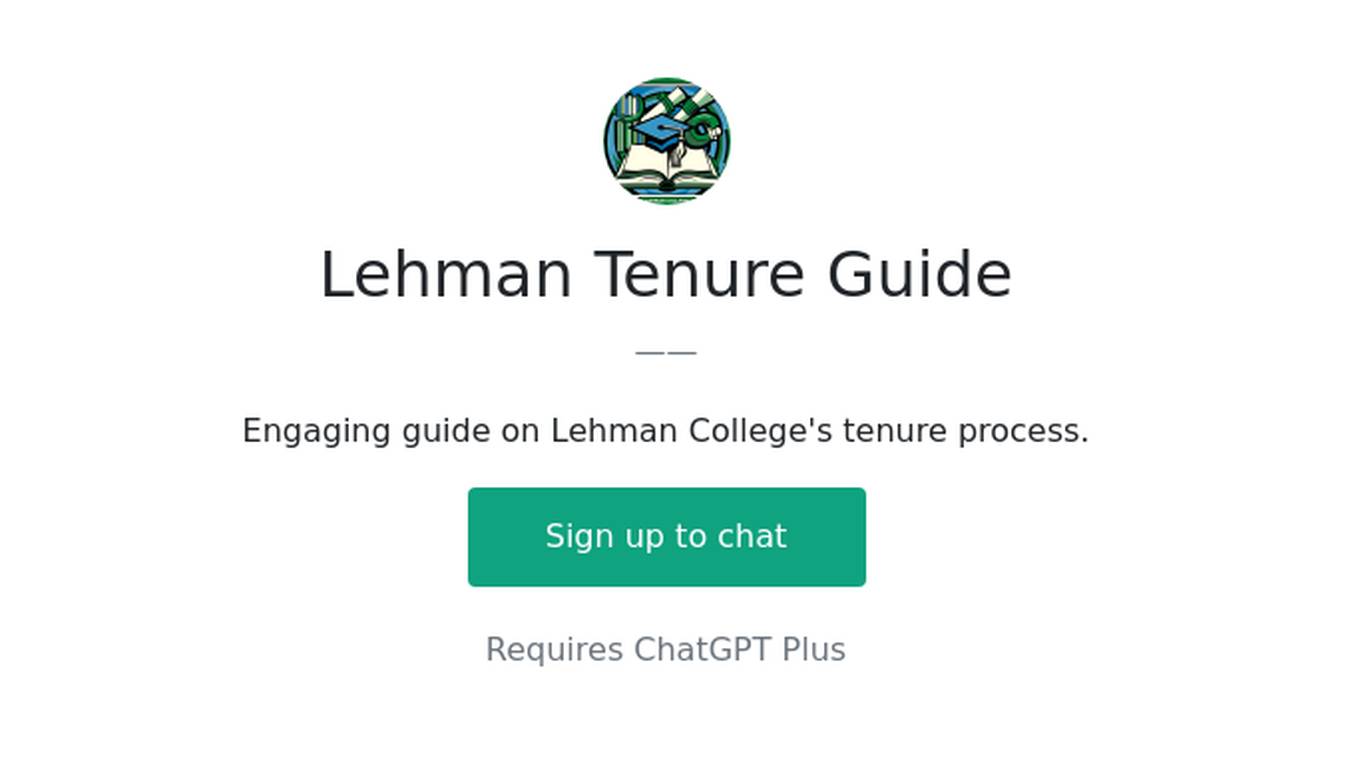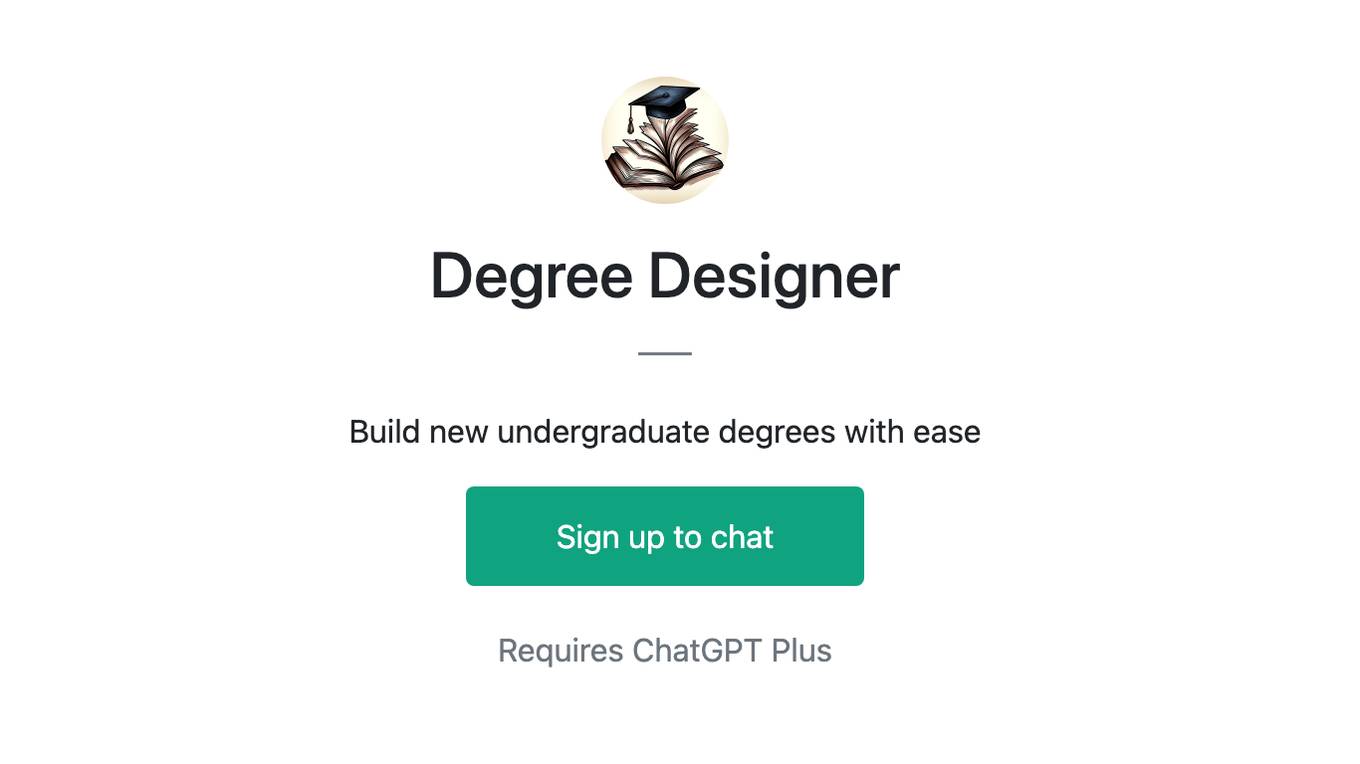Best AI tools for< Faculty Developer >
Infographic
14 - AI tool Sites
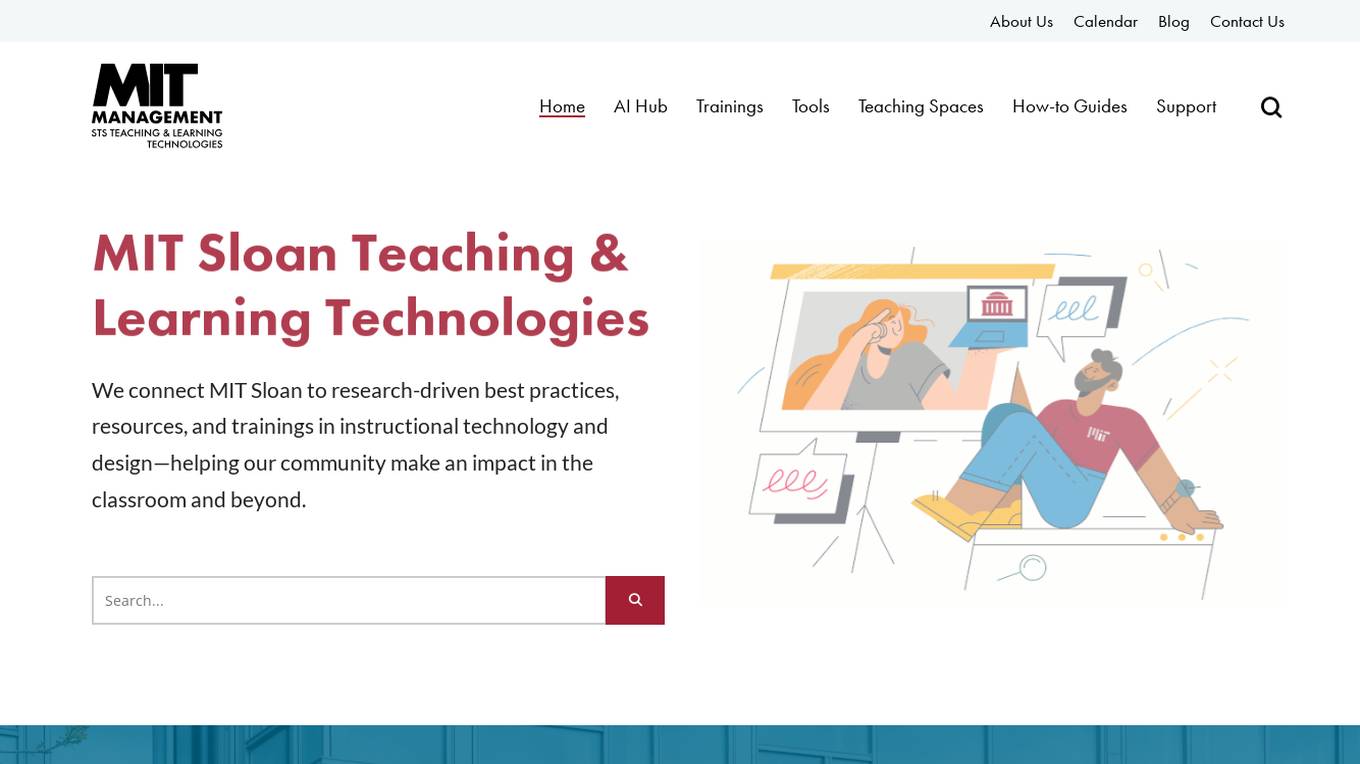
MIT Sloan Teaching & Learning Technologies
MIT Sloan Teaching & Learning Technologies connects MIT Sloan to research-driven best practices, resources, and training in instructional technology and design. They help the community make an impact in the classroom and beyond. They offer various services such as trainings, practice sessions, how-to guides, consultations, and a teaching studio. Their latest news and announcements include supporting learning with AI-generated images, providing students with access to Microsoft Copilot, and making Microsoft Copilot available for faculty and staff.
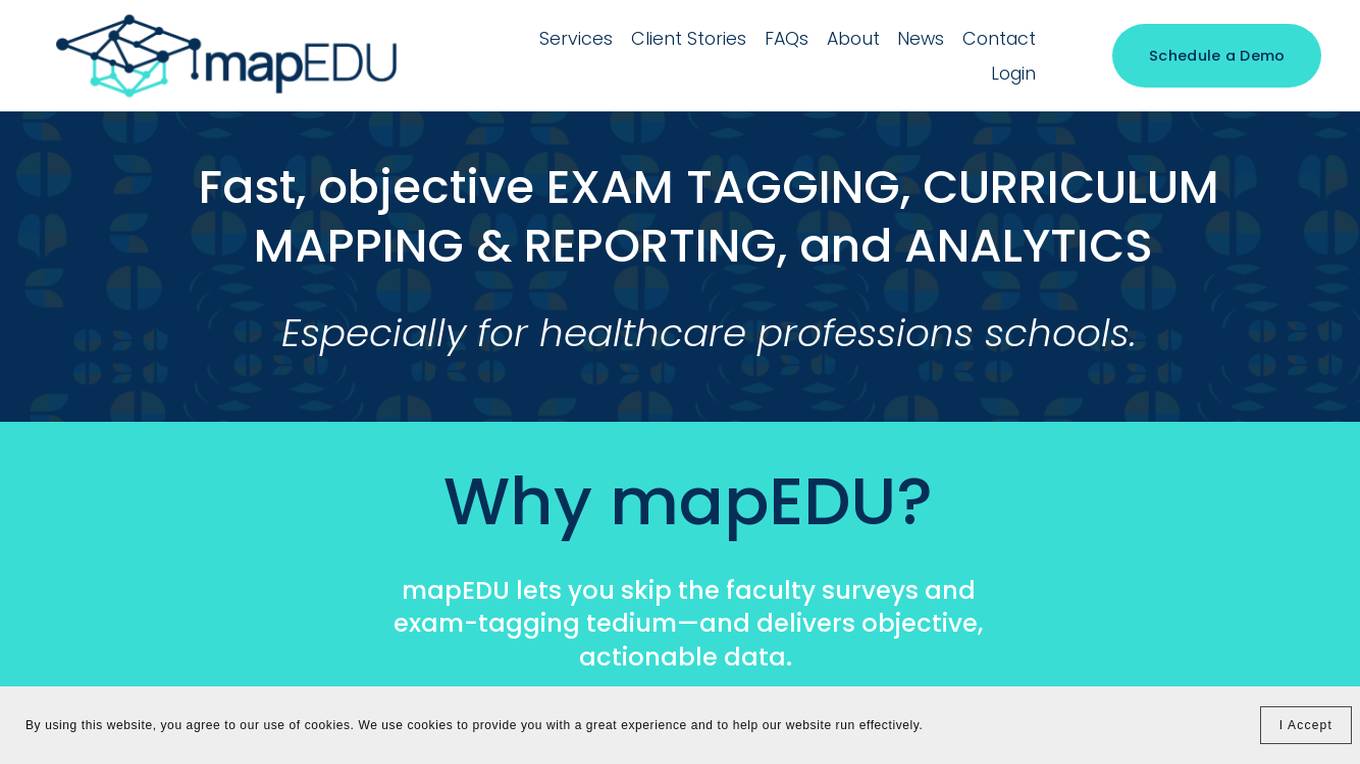
mapEDU
mapEDU is an AI-powered curriculum mapping and exam tagging software designed specifically for healthcare professions schools. It uses natural language processing and machine learning to automatically extract relevant MeSH tags from existing digital content, map events/courses/programs with outcomes, and auto-tag exam questions. This provides healthcare professions schools with objective, actionable data to improve curriculum design, validate revisions, and enhance student performance analytics.
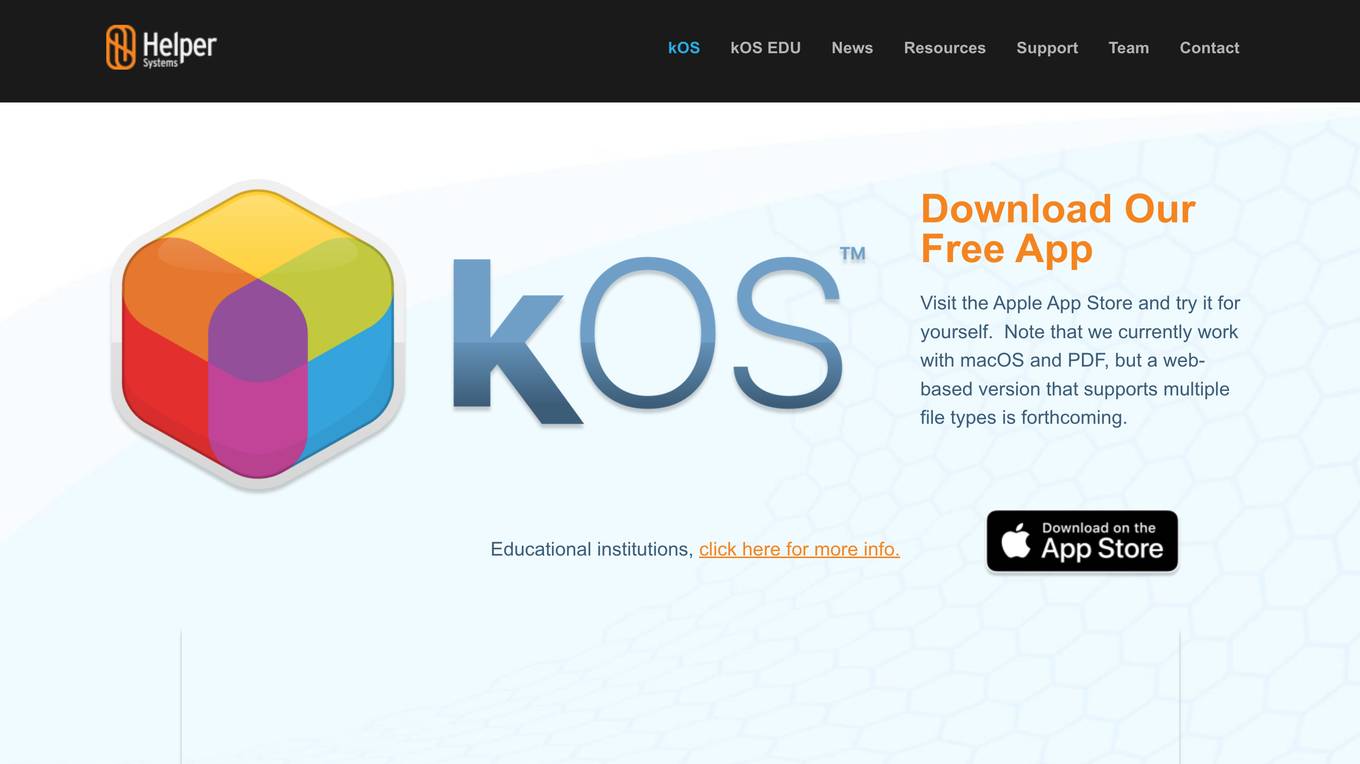
kOS
Helper Systems has developed technology that restores the trust between students who want to use AI tools for research and faculty who need to ensure academic integrity. With kOS (pronounced chaos), students can easily provide proof of work using a platform that significantly simplifies and enhances the research process in ways never before possible. Add PDF files from your desktop, shared drives or the web. Annotate them if you desire. Use AI responsibly, knowing when information is generated from your research vs. the web. Instantly create a presentation of all your resources. Share and prove your work. Try other cool features that offer a unique way to find, organize, discover, archive, and present information.
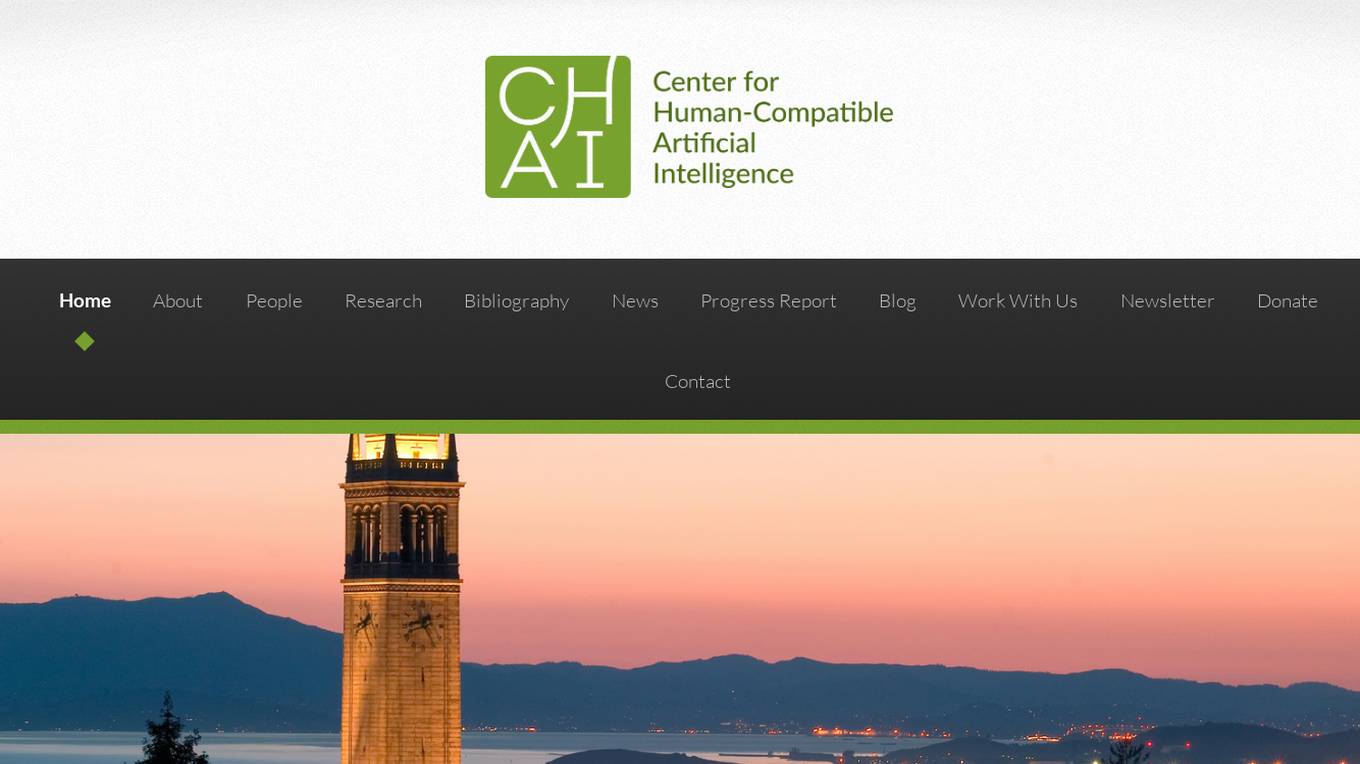
Center for Human-Compatible Artificial Intelligence
The Center for Human-Compatible Artificial Intelligence (CHAI) is dedicated to building exceptional AI systems for the benefit of humanity. Their mission is to steer AI research towards developing systems that are provably beneficial. CHAI collaborates with researchers, faculty, staff, and students to advance the field of AI alignment and care-like relationships in machine caregiving. They focus on topics such as political neutrality in AI, offline reinforcement learning, and coordination with experts.
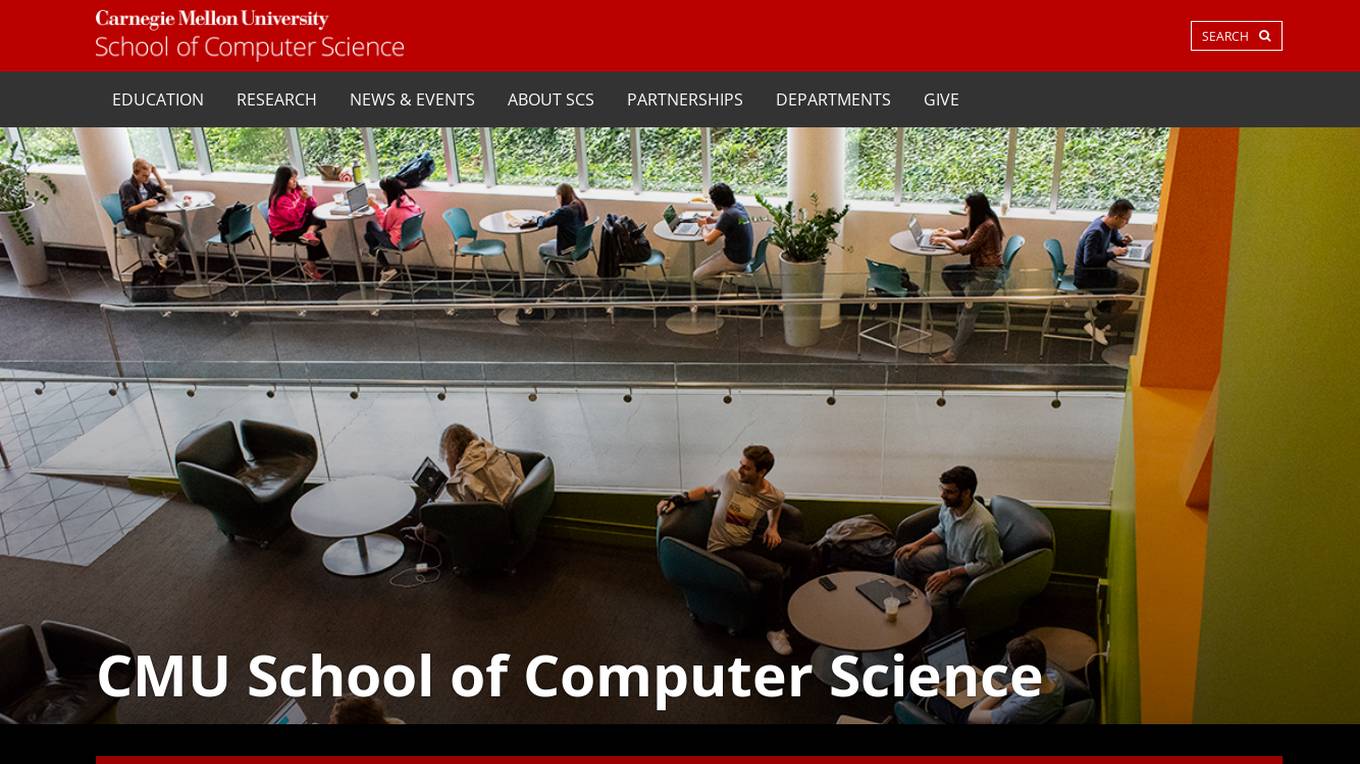
Carnegie Mellon University School of Computer Science
Carnegie Mellon University's School of Computer Science (SCS) is a world-renowned institution dedicated to advancing the field of computer science and training the next generation of innovators. With a rich history of groundbreaking research and a commitment to excellence in education, SCS offers a comprehensive range of programs, from undergraduate to doctoral levels, covering various specializations within computer science. The school's faculty are leading experts in their respective fields, actively engaged in cutting-edge research and collaborating with industry partners to solve real-world problems. SCS graduates are highly sought after by top companies and organizations worldwide, recognized for their exceptional skills and ability to drive innovation.
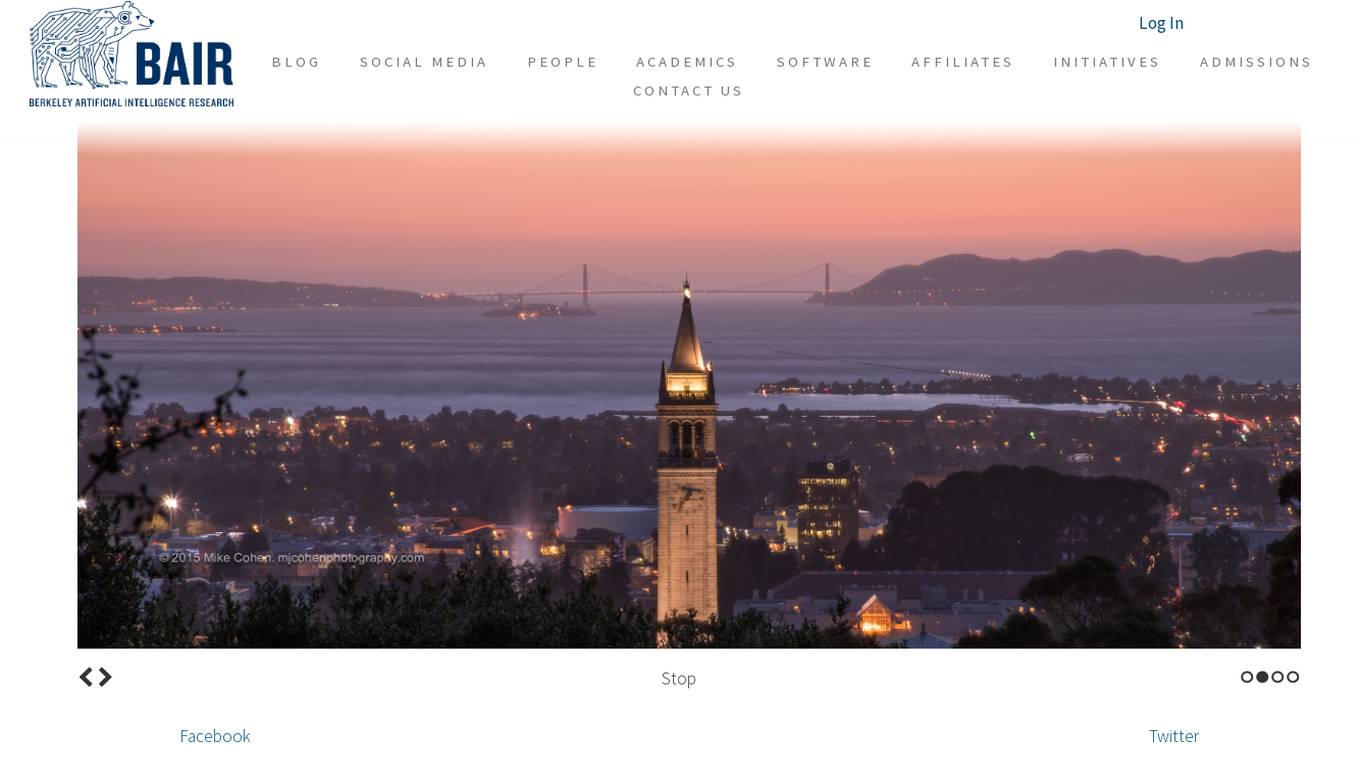
Berkeley Artificial Intelligence Research (BAIR) Lab
The Berkeley Artificial Intelligence Research (BAIR) Lab is a renowned research lab at UC Berkeley focusing on computer vision, machine learning, natural language processing, planning, control, and robotics. With over 50 faculty members and 300 graduate students, BAIR conducts research on fundamental advances in AI and interdisciplinary themes like multi-modal deep learning and human-compatible AI.
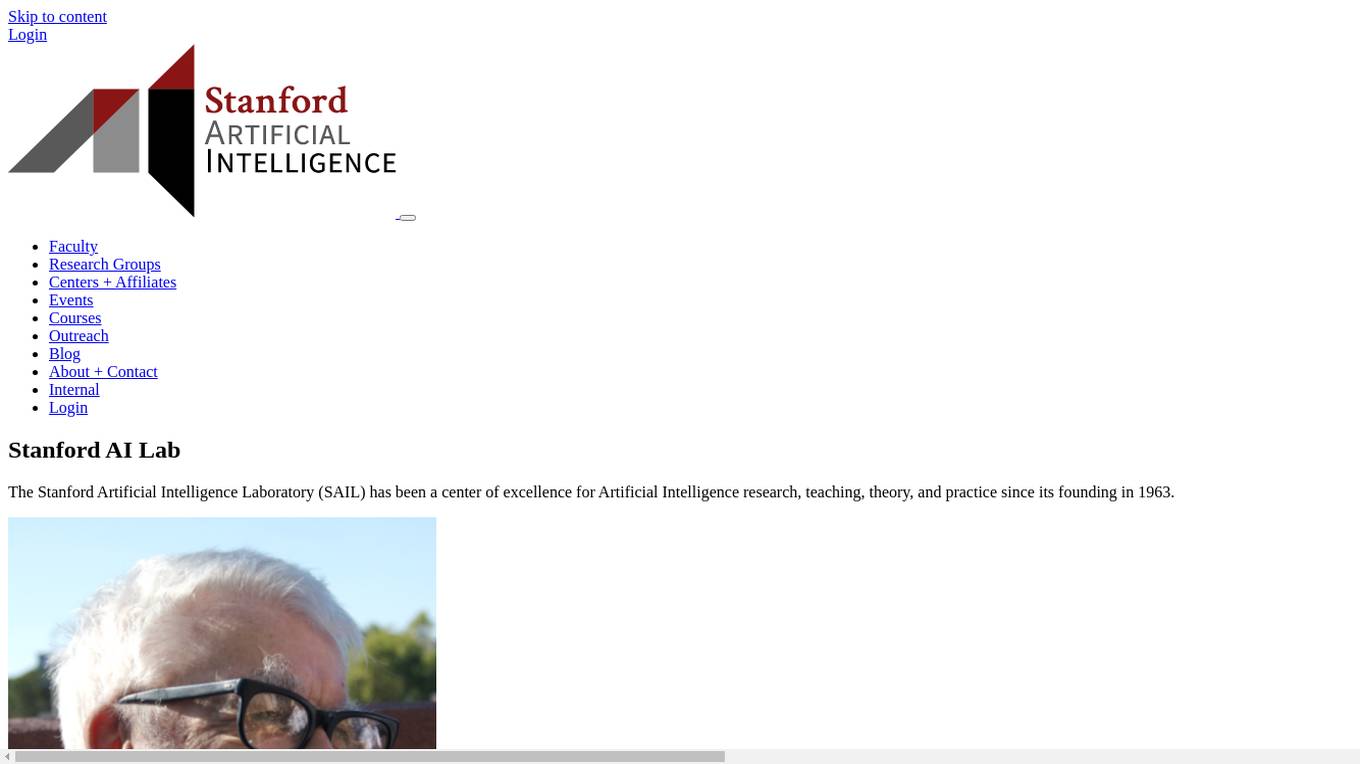
Stanford Artificial Intelligence Laboratory
The Stanford Artificial Intelligence Laboratory (SAIL) is a center of excellence for Artificial Intelligence research, teaching, theory, and practice since its founding in 1963. SAIL faculty and students are committed to developing the theoretical foundations of AI, advancing the state-of-the-art in AI technologies, and applying AI to address real-world problems. SAIL is a vibrant and collaborative community of researchers, students, and staff who are passionate about AI and its potential to make the world a better place.
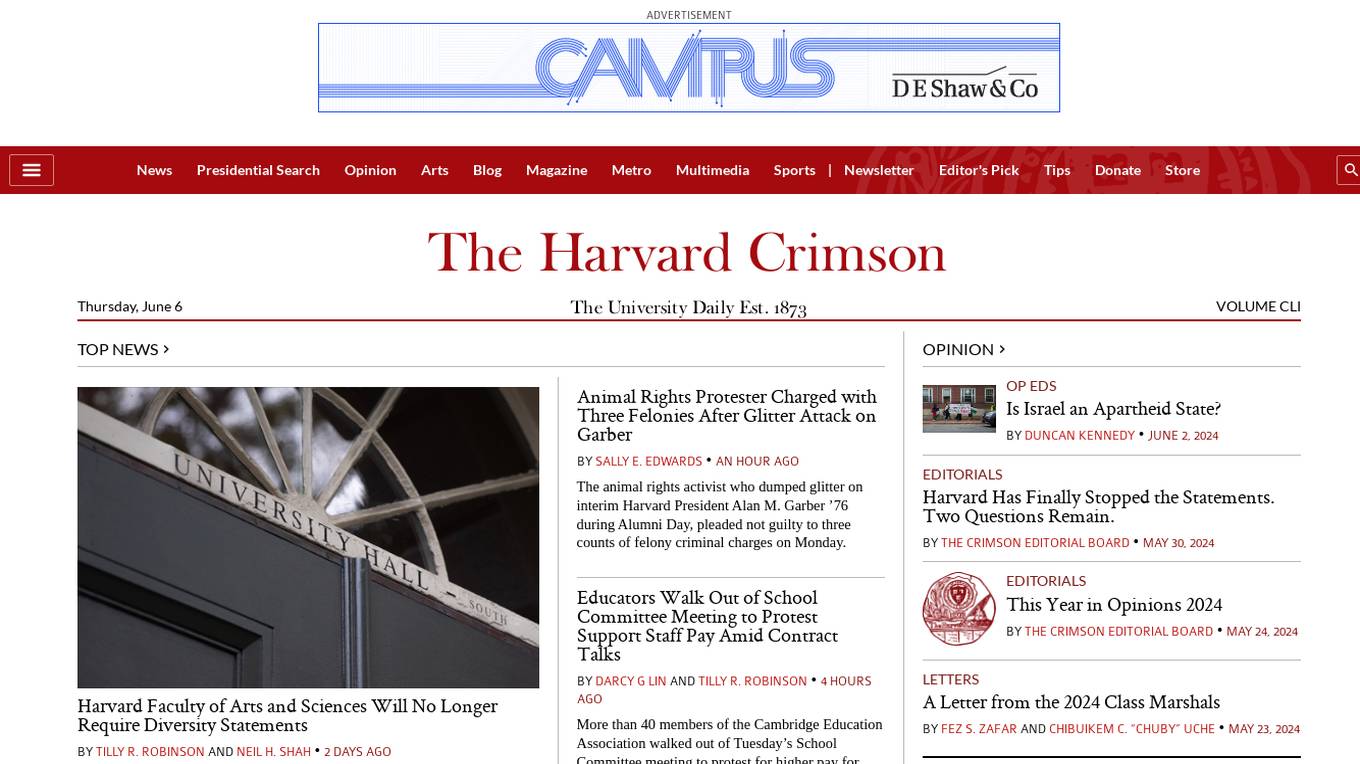
The Harvard Crimson
The Harvard Crimson is a renowned university newspaper established in 1873, providing daily news, opinion pieces, arts and culture coverage, blogs, multimedia content, and sports updates. The publication covers a wide range of topics related to Harvard University and its community, including faculty news, student activism, campus events, and academic developments. With a focus on diversity and inclusion, The Harvard Crimson aims to inform and engage its readers with insightful and thought-provoking content.
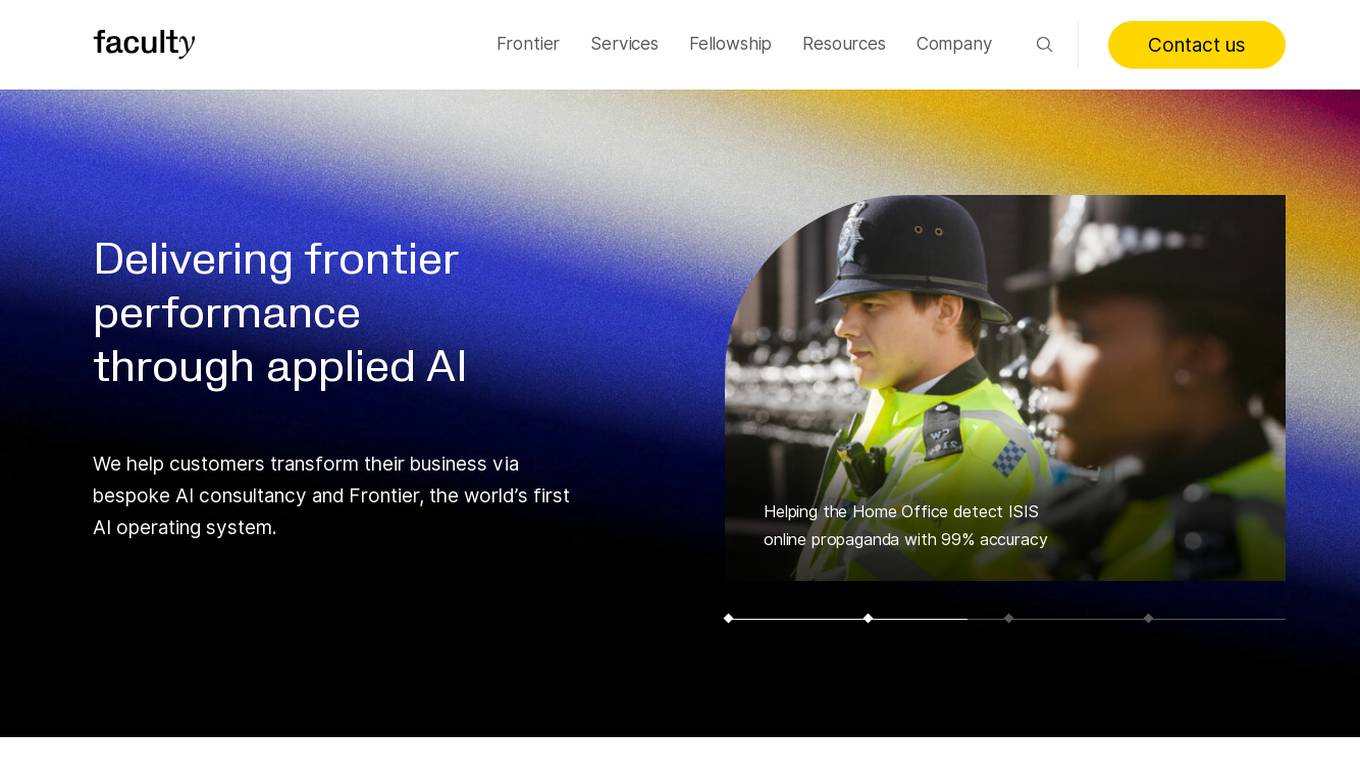
Faculty AI
Faculty AI is a leading applied AI consultancy and technology provider, specializing in helping customers transform their businesses through bespoke AI consultancy and Frontier, the world's first AI operating system. They offer services such as AI consultancy, generative AI solutions, and AI services tailored to various industries. Faculty AI is known for its expertise in AI governance and safety, as well as its partnerships with top AI platforms like OpenAI, AWS, and Microsoft.
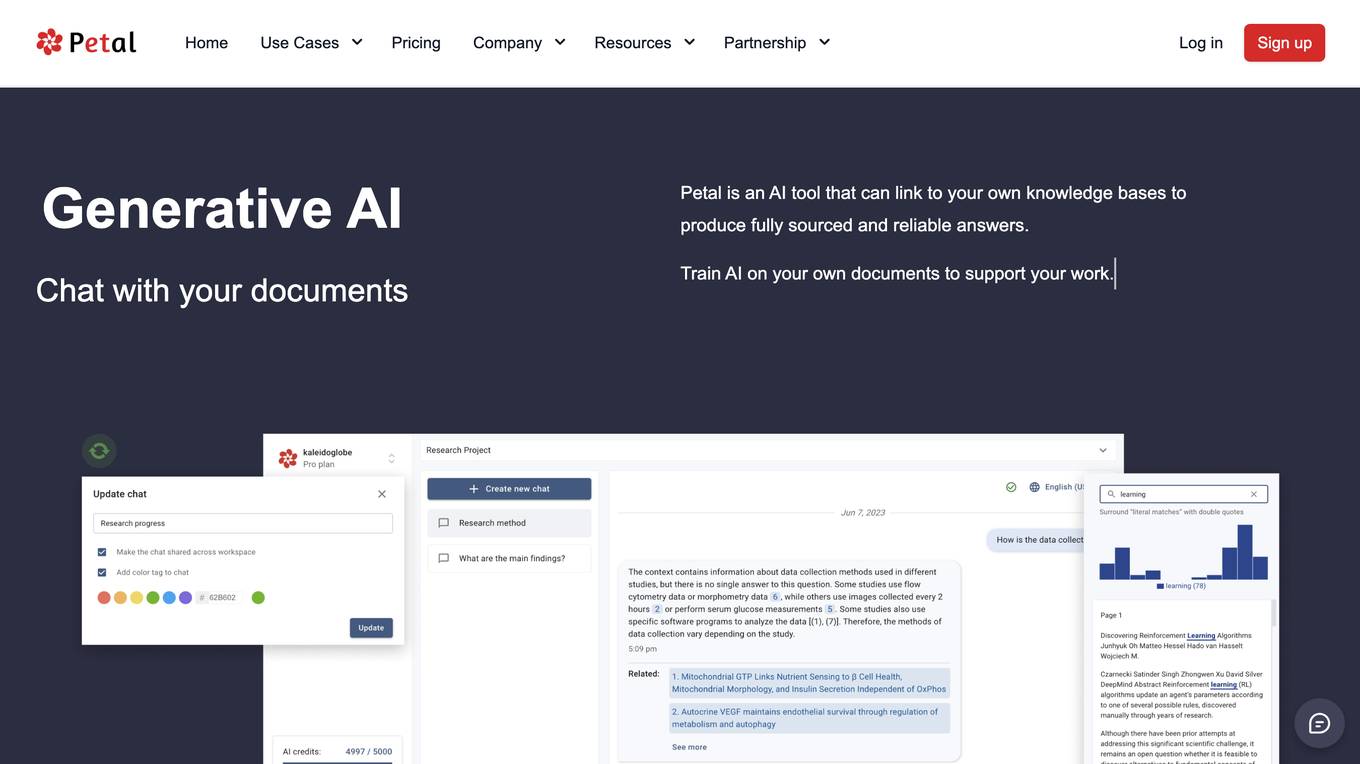
Petal
Petal is a document analysis platform powered by generative AI technology. It allows users to chat with their documents, providing fully sourced and reliable answers by linking to their own knowledge bases. Users can train AI on their documents to support their work, ensuring centralized knowledge management and document synchronization. Petal offers features such as automatic metadata extraction, file deduplication, and collaboration tools to enhance productivity and streamline workflows for researchers, faculty, and industry experts.
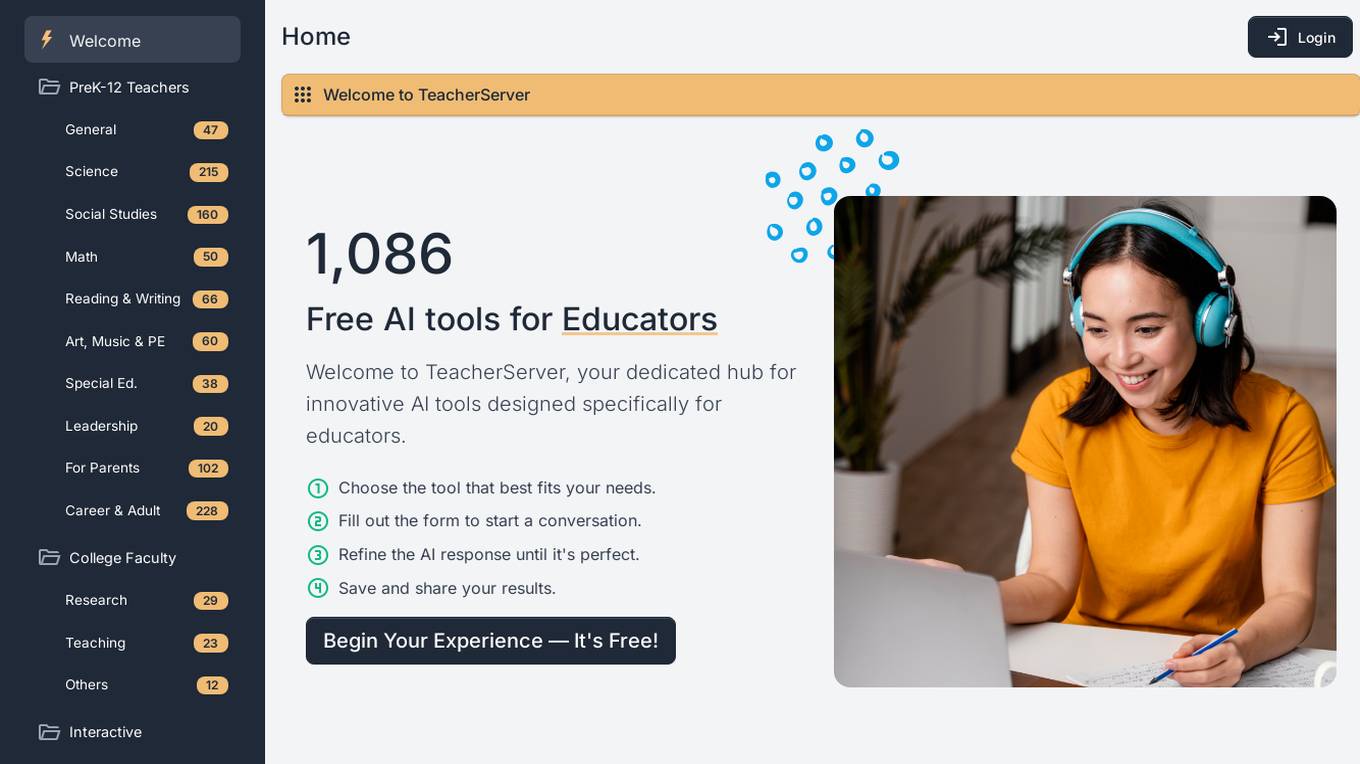
TeacherServer
TeacherServer is a platform offering a wide range of free AI tools specifically designed for educators, from PreK-12 teachers to college faculty. The platform provides tools for various subjects and purposes, such as lesson plan generators, worksheet generators, and curriculum quiz makers. TeacherServer prioritizes speed, privacy, and security by using a locally installed AI server, ensuring faster results without delays and processing data locally to maintain user privacy. The platform is free to use, adheres to education guidelines, and offers a supportive community through forums and research briefs.
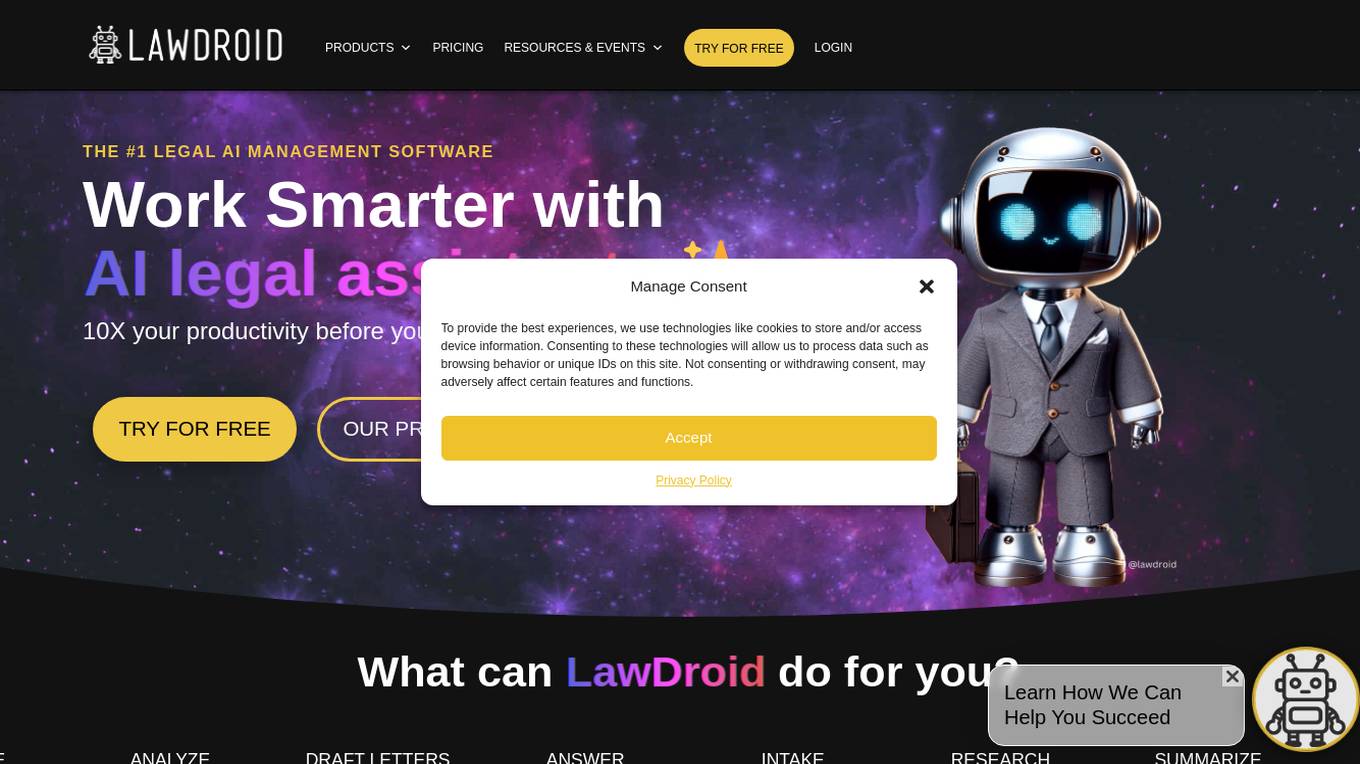
LawDroid
LawDroid is an AI legal assistant application designed to help legal professionals work smarter and more efficiently. It serves as a force multiplier, enabling users to accomplish more tasks without additional overhead. LawDroid offers features such as case law research, drafting emails and letters, and document analysis. It also provides benefits like intake new clients, data-driven decisions, automate documents, human in the loop automation, and building scalable tools. The application is used by students, faculty, and legal professionals to streamline legal processes and improve client experiences.
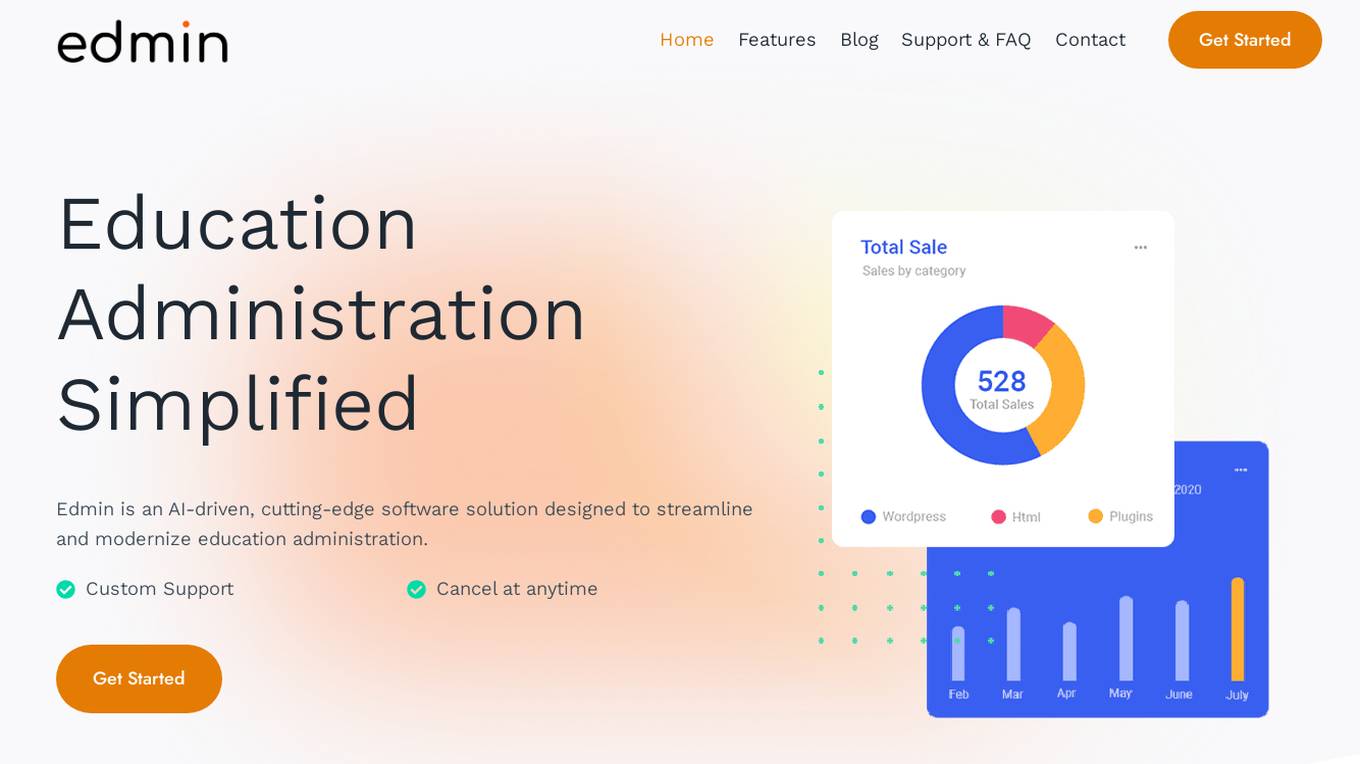
Edmin
Edmin is an AI-driven education administration software that streamlines and modernizes administrative tasks in educational institutions. It offers a comprehensive Student Information System (SIS), compliance features, data security, and customizable modules to meet the specific needs of colleges. Edmin enhances operational efficiency by automating routine tasks, improving data consistency, and enhancing the student and faculty experience through self-service portals and real-time notifications. The platform also facilitates efficient academic planning, communication through surveys and feedback forms, and offers scalability for colleges of all sizes.
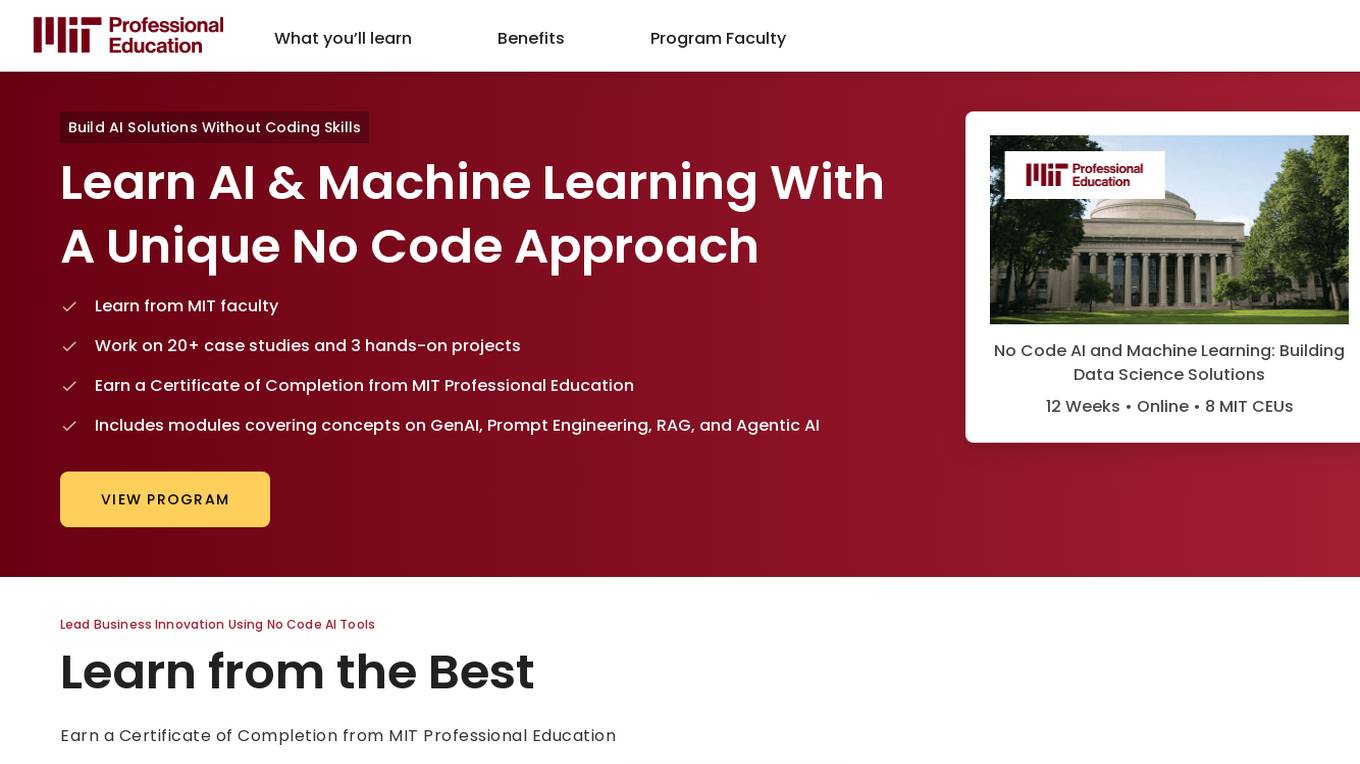
MIT Professional Education AI Course
The website offers an Artificial Intelligence (AI) course by MIT Professional Education, focusing on building AI solutions without coding skills. Participants can learn AI and machine learning through a unique no-code approach, work on case studies and hands-on projects, and earn a certificate of completion from MIT. The program covers concepts on GenAI, Prompt Engineering, RAG, and Agentic AI. It also provides modules on data science solutions, business innovation using no-code AI tools, and industry-valued skills. Participants receive mentorship, program support, and can build an industry-ready portfolio. The course is designed by world-renowned MIT faculty and in collaboration with Great Learning, offering accessibility and high ratings in education services.
